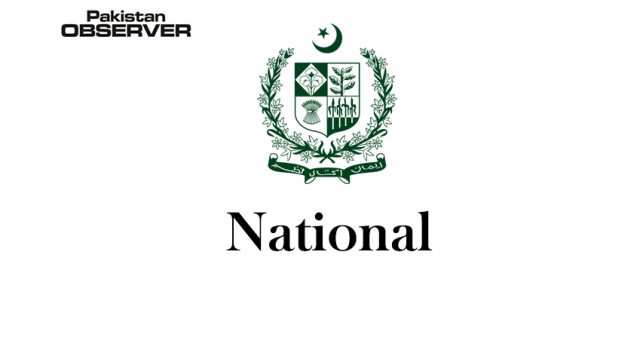Zubair Qureshi
Islamabad
Trends in learning levels in language and arithmetic from 2014 to 2019 showed an improvement from 13pc to 17pc for grade 5, however, children continued to struggle in grade 3 due to low grasp of foundational skills in basic literacy.
These findings were made public in Pakistan’s largest-annual citizen-led household based Annual Status of Education Report (ASER) Survey 2019– the ninth ASER Survey report launched here on Monday.
Released jointly by parliamentarians and media experts, there was a unanimous consensus for urgent action to halt the protracted devaluing of its social capital. ASER the flagship programme of Idara-e-Taleem-o-Aagahi (ITA) implemented in partnership with civil society organizations.
Around 10,000 volunteer citizens visited 155 districts in 4546 villages to implement the ASER survey from 92,008 households and 255,266 children of age 3-16 years.
For the year 2019, the ASER rural survey assessed 202,648 children of 5-16 year age cohort in Language (Urdu/Sindhi/Pashto), English, and Arithmetic competencies mapped to grade 2 curriculum and textbooks.
In 9 districts, the survey was successfully conducted through androids, testing for at scale survey solutions that are paperless, efficient and transparent. According to the report, despite recent focus of the federal and provincial governments on enrolment drives to honour Article 25-A, 17pc children aged 6-16 still remained out of school. In contrast, the survey in 20 urban centres across Pakistan reveals only 6pc children were out of school.
With 40pc population residing in urban areas, this presents an important opportunity to accelerate universal access for the urban 5-16 year olds, whilst simultaneously focusing on rural areas. The report annually informs about the progress and challenges for Article 25-A of the Constitution extending Education for All 5-16 year old children since 2010 and for tracking progress towards SDG 4, measuring learning at the lower primary level.
The ministers said the government had also endorsed and was committed to meeting the Sustainable Development Goals (SDGs) by 2030 to end poverty with an educationally entitled society as elaborated in SDG 4 goal, its seven targets and three means of implementation.
The provinces have aligned their sector plans to SDG-4 (12 years of schooling) and Article 25 A, this was told by the provincial representatives. AJK, GB and Punjab have recorded a slim annual increase in enrolment between 1pc to 2pc.
ASER rural results over the years highlight a decline in the number of children going to private sector schools; 23pc children of age 6-16 are enrolled in private sector in 2019compared to 30pc in 2014.
The shift to government/public sector schools has increased the enrolment share from 70pc (2014) to 77pc in 2019. This edge must be maintained with persistent state actions for quality facilities.
Early Childhood Education (ECE) has been historically tracked by ASER Pakistan. From 2014 when ECE enrolment stood at 39pc, it has not registered significant improvement (39pc in 2019), although ECE is critical for foundational learning readiness in literacy and numeracy.
ASER is a citizen led learning accountability movement. Learning levels of children both in school and out of school, are assessed at their homes through specific language and arithmetic tools.
The same approach is used for all children between the ages of 5 to 16. For the first time, in 2019, arithmetic tool covered three digit number recognition from 100-200 along with word problems on addition and multiplication.









